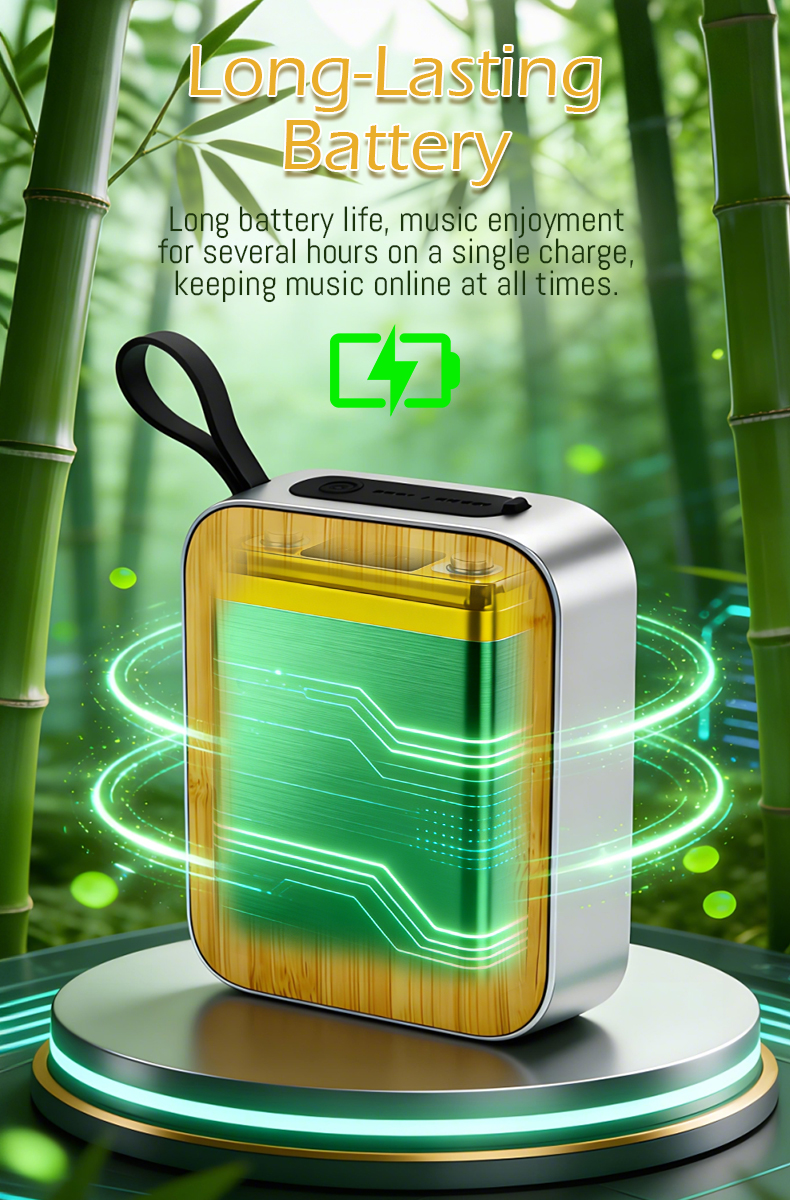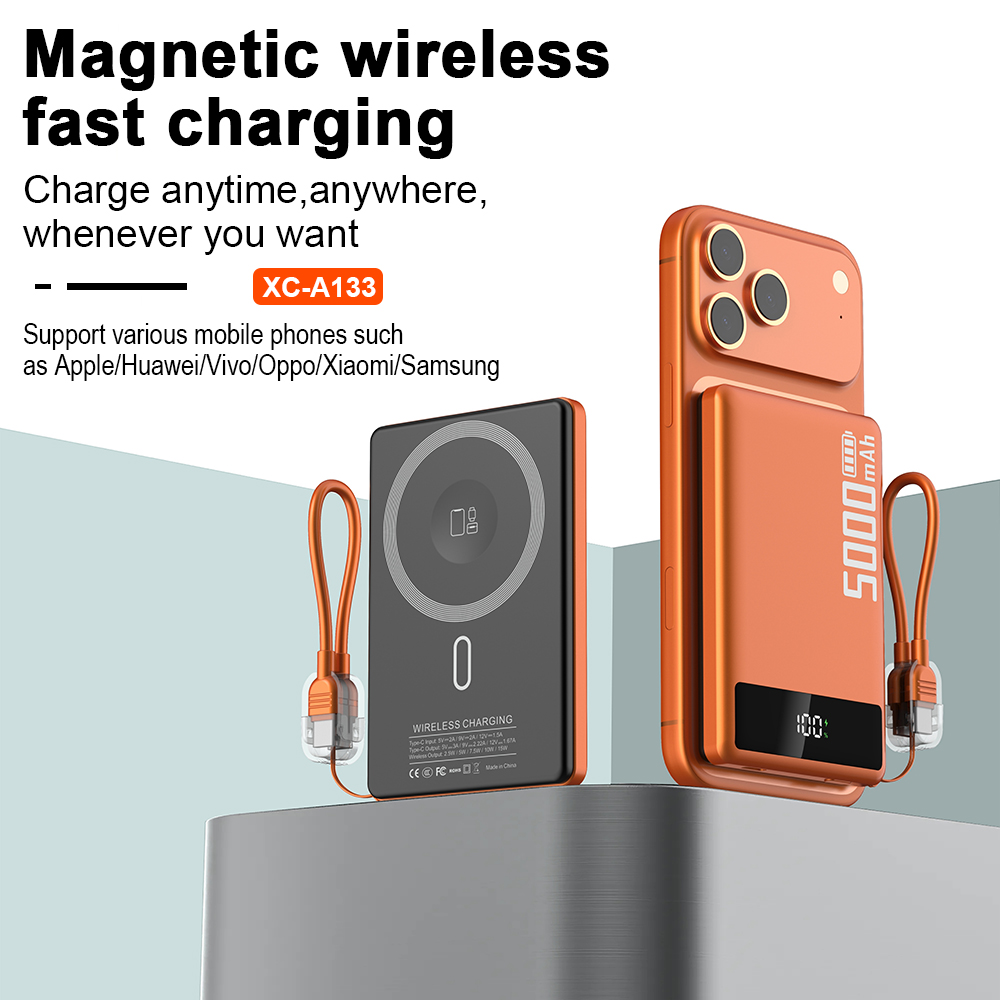Advantages and Disadvantages of Solar Charger

Exploring the Advantages and Disadvantages

Solar chargers have gained popularity in recent years as a sustainable and eco-friendly alternative to traditional chargers. Utilizing the power of the sun, these devices offer numerous benefits but also come with their own set of limitations. In this article, we will explore the advantages and disadvantages of solar chargers.
Advantages of Solar Chargers
1. Renewable Energy Source: Solar chargers harness the power of the sun, which is a renewable energy source. As long as the sun is shining, you have access to clean, free power to charge your devices.
2. Environmentally Friendly: Solar energy is clean and does not produce harmful emissions or contribute to air pollution. By using solar chargers, you are reducing your carbon footprint and contributing to a greener future.
3. Portable and Convenient: Solar chargers are portable and can be used anywhere as long as there is sunlight. They are perfect for outdoor activities such as camping, hiking, or traveling, where access to electricity may be limited.
4. Cost Savings: While the initial investment in a solar charger may be higher compared to traditional chargers, you can save money in the long run. With solar energy, you no longer need to rely on electricity from the grid, reducing your utility bills.
Disadvantages of Solar Chargers
1. Weather Dependency: Solar chargers rely on sunlight to generate power. This means they are weather-dependent and may not be as effective on cloudy or rainy days. In areas with limited sunlight, the charging efficiency may be lower.
2. Initial Cost: Solar chargers can be more expensive compared to traditional chargers. The initial investment may deter some individuals from purchasing solar chargers, especially if they have a limited budget.
3. Charging Time: Solar chargers generally take longer to charge devices compared to traditional chargers. The charging speed is influenced by factors such as sunlight intensity, the size of the solar panel, and the capacity of the charger.
Conclusion
Solar chargers offer numerous advantages, including the use of renewable energy, environmental friendliness, portability, and potential cost savings. However, they also come with some drawbacks, such as weather dependency, higher initial cost, and longer charging time. Consider your specific needs and circumstances before deciding whether a solar charger is the right choice for you.




